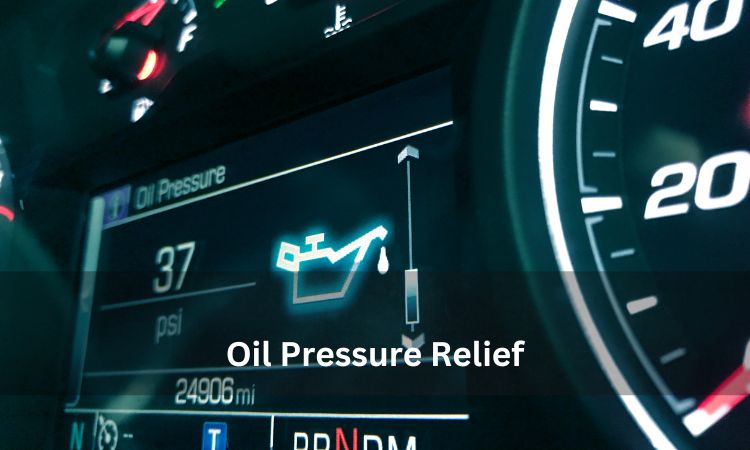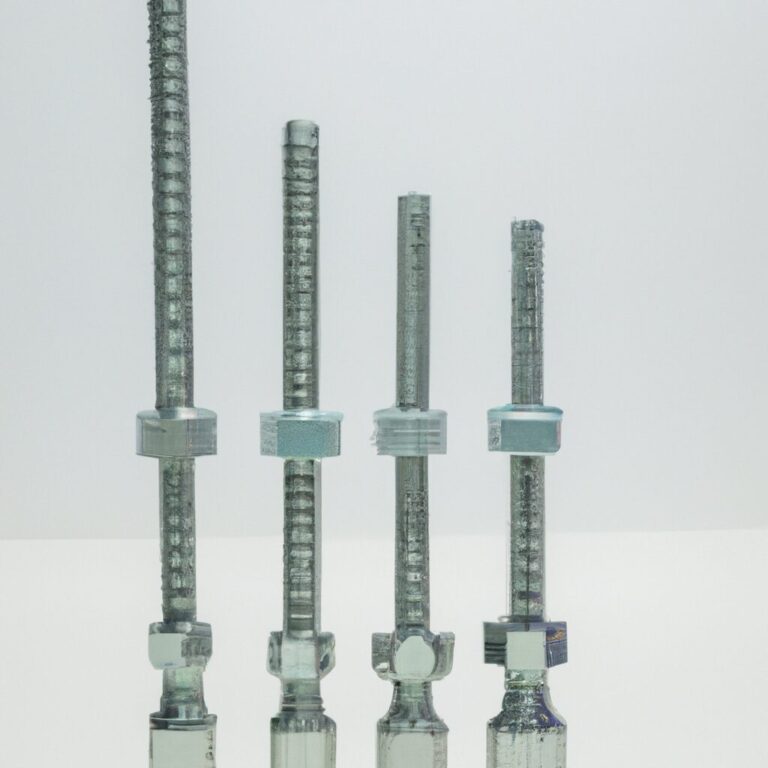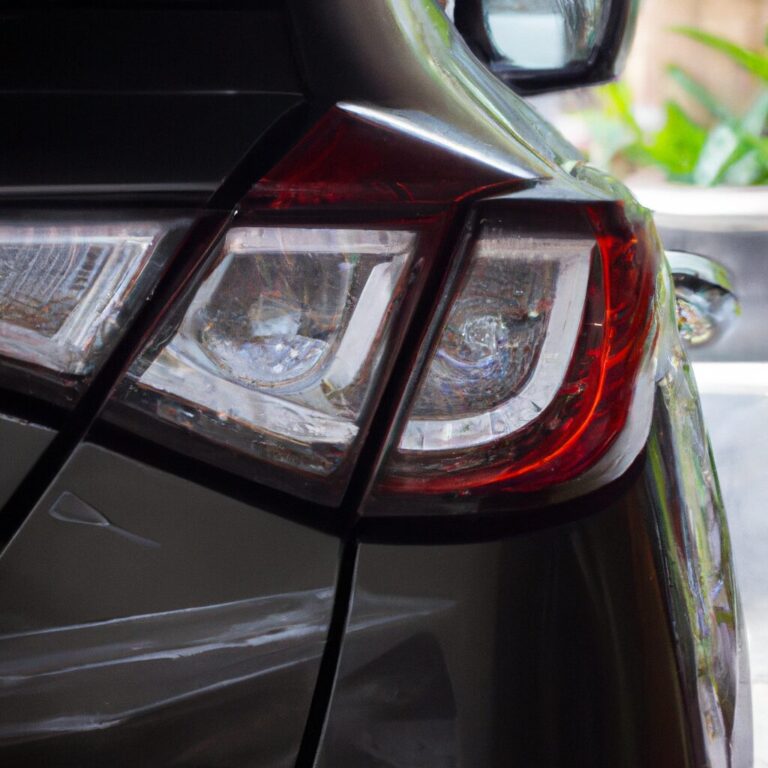How to Fix an Overcharged Battery
To fix an overcharged battery, disconnect it and allow it to cool before recharging to normal levels. Repeated overcharging can damage the battery’s lifespan and performance.
Having an overcharged battery is a common issue that can lead to potential safety hazards and reduced battery efficiency. It’s essential to address this promptly to prevent any long-term damage and ensure optimal battery function. We will explore the steps you can take to fix an overcharged battery effectively.
By following these simple yet crucial tips, you can restore your battery’s health and prolong its lifespan. Let’s dive into the solutions for addressing an overcharged battery and how to avoid this issue in the future.

Credit: m.youtube.com
Identifying Overcharged Battery
Identifying an overcharged battery is crucial to prevent further damage and ensure its optimal performance. There are several ways to determine if your battery has been overcharged, including a physical examination and voltage testing.
Physical Examination
Performing a physical examination is the first step in diagnosing an overcharged battery. Here’s a simple guide to help you conduct a thorough inspection:
- Inspect the battery case for any signs of swelling or bulging.
- Check for leakage or corrosion on the battery terminals.
- Examine the battery’s vent caps for any abnormalities or damage.
- Look for any unusual odors emanating from the battery.
- Ensure that the battery is securely fastened and properly connected.
Voltage Testing
Voltage testing is another effective method to determine if the battery has been overcharged. This process involves measuring the battery’s voltage using a voltmeter. Follow these steps to conduct a voltage test:
- Ensure that the vehicle’s engine is turned off and all electrical components are disconnected.
- Set the voltmeter to the DC voltage scale.
- Connect the red test lead to the battery’s positive terminal and the black test lead to the negative terminal.
- Read the voltage displayed on the voltmeter.
- If the voltage reading exceeds the manufacturer’s recommended range, it indicates an overcharged battery.
By identifying an overcharged battery through physical examination and voltage testing, you can take the necessary steps to fix it and prolong its lifespan. Now that you know how to identify an overcharged battery, let’s move on to the next step: fixing it.

Credit: collisioncenterofandover.com
Safety Precautions
Before attempting to fix an overcharged battery, it is crucial to prioritize safety precautions.
Ventilation
Ensure you are working in a well-ventilated area to avoid inhaling harmful fumes released by the battery.
Protective Gear
Wear protective gear such as gloves and safety goggles to shield yourself from acid burns and other hazards.
Fixing The Overcharged Battery
- Use a light bulb to drain the excess charge slowly.
- Connect the overcharged battery to a power resistor.
- Ensure the battery has cooled down before recharging.
- Use a compatible charger with automatic shutoff feature.

Credit: m.youtube.com
Preventive Measures
Proper charging practices and monitoring systems are essential in preventing your battery from overcharging. By following these preventive measures, you can extend the lifespan of your battery and avoid potential damage. Let’s dive into each of these measures in detail:
Proper Charging Practices
Adhering to proper charging practices is key to preventing overcharging. By understanding and implementing these practices, you can keep your battery in optimal condition. Here’s what you need to do:
- Choose the right charger: Ensure that you use a charger compatible with your battery. Different batteries have different voltage requirements, so using the correct charger is crucial.
- Charge in the right environment: Find a cool and dry area to charge your battery. Avoid exposing it to extreme temperatures, which can lead to overcharging and damage.
- Disconnect after reaching full charge: Once your battery reaches its full charge, promptly disconnect it from the charger. Leaving it connected can result in overcharging, reducing the battery’s lifespan.
Monitoring Systems
Monitoring systems play a vital role in preventing battery overcharging. These systems provide real-time information about your battery’s status, allowing you to take necessary actions. Here are some common monitoring systems:
| Monitoring System | Function |
|---|---|
| Voltage and Current Sensors | Track the battery’s voltage and current levels, alerting you when they exceed safe limits. |
| Temperature Sensors | Measure the battery’s temperature and inform you if it surpasses the recommended range. |
| Charge Controllers | Regulate the charging process, ensuring that the battery receives the appropriate amount of charge. |
By utilizing these monitoring systems, you can actively monitor your battery’s performance and take immediate action if any issues arise. This proactive approach can save you from potential battery overcharging incidents.
Seeking Professional Help
Seeking professional help for an overcharged battery is crucial to ensure the safety and proper functioning of the battery. Although some fixes can be done at home, consulting a technician can provide a more thorough and accurate assessment of the situation.
When To Consult A Technician
It is advisable to consult a technician when the overcharged battery exhibits signs of severe damage, such as bulging, leaking, or the presence of a pungent odor. Additionally, if the battery continues to show issues even after basic troubleshooting, seeking professional help becomes essential.
Battery Service Centers
Many battery manufacturers provide comprehensive service centers to address battery-related issues. These centers have qualified technicians who specialize in diagnosing and repairing overcharged batteries. They possess the expertise and specialized tools required to safely handle and rectify battery problems, ensuring the optimal performance and longevity of the battery.
Frequently Asked Questions On How To Fix An Overcharged Battery
Can A Battery Recover From Overcharging?
No, a battery cannot recover from overcharging. Overcharging can cause permanent damage to the battery. It can lead to reduced capacity and performance. It’s important to use proper charging methods to avoid overcharging.
Can You Save An Overcharged Battery?
Yes, you can save an overcharged battery. Reduce usage, unplug from the power source, and let it cool down. However, excessive overcharging may cause permanent damage.
What Are The Symptoms Of An Overcharged Battery?
Symptoms of an overcharged battery include swelling, leaking, overheating, and a decrease in battery life.
How Do You Fix An Overcharging Alternator?
To fix an overcharging alternator, check and replace the voltage regulator if faulty. Ensure all connections are secure and test the system for proper charging levels.
How Do You Know If A Battery Is Overcharged?
To check if a battery is overcharged, measure the voltage with a multimeter. If it exceeds the recommended level, it may be overcharged.
What Causes A Battery To Become Overcharged?
Overcharging a battery can occur due to a faulty regulator, incorrect charging voltage, or prolonged charging beyond the battery’s capacity.
What Are The Signs Of An Overcharged Battery?
Signs of an overcharged battery include rapid water loss, bulging or swelling, and a strong sulfur smell coming from the battery.
Conclusion
To sum up, fixing an overcharged battery can be a simple process if approached correctly. By following the steps mentioned you can safely and effectively restore the battery’s health. Remember to take precautions, such as wearing protective gear and working in a well-ventilated area.
Properly maintaining your battery will not only extend its lifespan but also reduce the risk of safety hazards. So, take charge of your battery’s well-being and enjoy long-lasting performance.



